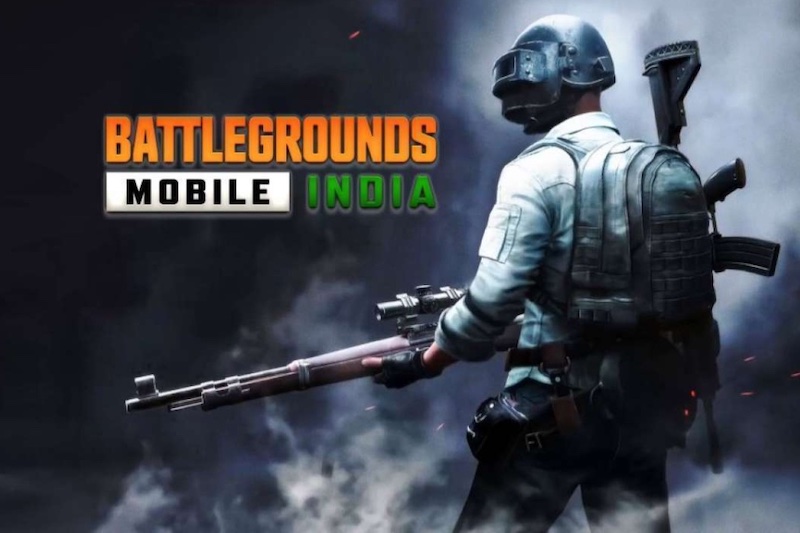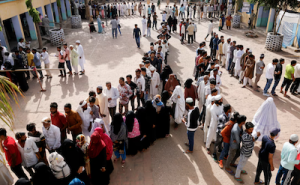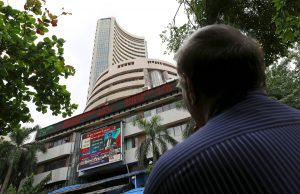The Indian government has banned a popular videogame made by South Korean developer Krafton, forcing Google and Apple to remove it from app stores.
The US technology giant said New Delhi had ordered that the BattleGrounds Mobile India (BGMI) game be blocked, sending Krafton shares down as much as 9%.
The game’s website showed it had more than 100 million users in India. The move came after India’s 2020 ban of another Krafton videogame, PlayerUnknown’s Battlegrounds (PUBG).
The government blocked the popular battle-royale format game because it was concerned about data sharing and mining in China, an official said.
New Delhi used powers it has under section 69A of India’s IT law to block the BGMI game, relying on a provision it has invoked since 2020 to ban several other Chinese apps on national security concerns, the government official and another source with direct knowledge said.
ALSO SEE: Tencent-Backed Sea’s Free Fire Game Banned In India
Over 300 Apps Banned
The PUBG crackdown was part of New Delhi’s ban of more than 100 mobile apps of Chinese origins, following a months-long border standoff between the nuclear-armed rivals.
The ban has expanded since to cover more than 300 apps, including popular gaming app ‘Free Fire’, owned by Singapore’s technology group Sea Ltd.
The Indian government has not publicly announced the blocking. But the app was removed from Alphabet’s Google Play Store and Apple’s App Store as of Thursday evening in India.
Tencent held a 13.5% stake in Krafton as of end-March through an investment vehicle, according to Krafton’s regulatory filing.
Krafton shares slumped more than 9% on the news on Friday, later paring losses to close down 4.5% in Seoul. The company said in May India accounted for a high single digit percentage of its revenue in the first quarter of this year.
Tencent Holdings shares fell 4.9% to their lowest since March 15.
A Google spokesperson said it blocked the game following a government directive, while India’s IT ministry and Apple did not respond to requests for comment. The sources declined to be named as such orders are confidential.
In Seoul, a Krafton spokesperson said the developer was talking to relevant authorities and companies to figure out the exact situation regarding the suspension in the two major app stores in India.
Krafton’s India CEO Sean Hyunil Sohn told news portal TechCrunch earlier this week that the Indian government had previously noted that PUBG and BGMI are different games, adding that “BGMI complies with all guidelines” in India.
‘China Influence’
Swadeshi Jagran Manch (SJM) and non-profit Prahar had repeatedly asked the government to investigate “China influence” of BGMI, Prahar president Abhay Mishra said. SJM is the economic wing of the Rashtriya Swayamsevak Sangh, an influential Hindu nationalist group close to Prime Minister Narendra Modi’s ruling party.
“In the so-called new avatar, the BGMI was no different from erstwhile PUBG with Tencent still controlling it in the background,” Mishra said.
The ban elicited strong online reactions from popular gamers in India on Twitter and YouTube.
“I hope our government understands that thousands of e-sports ‘athletes’ and content creators and their life is dependent on BGMI,” tweeted Abhijeet Andhare, a Twitter user with more than 92,000 followers.
- Reuters, with additional editing by George Russell and Jim Pollard
Note: This report was updated with additional information on July 29, 2022.
READ MORE:
China Videogame Sector Reports First-Ever Drop in Revenue
Videogame Giants Snubbed in China’s Latest Licence Grants
How China Videogame Firms Toed Line to End Licence Freeze
























